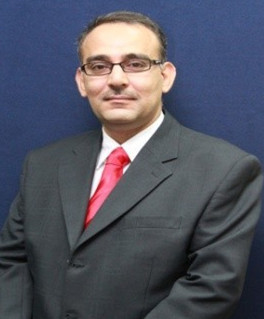Abstract—The main cause of deforestation in Madagascar is
the collection of firewood for cooking. Research cooking
alternatives that would reduce firewood and charcoal use has
been undertaken by NGOs. In this context, south Madagascar
experiences more than 320 sunny days per year and has close to
ideal conditions for the use of solar energy. Currently a variety
of solar cooker models are sold at a subsidized price for the
poorest household. The paper explains advantages and
disadvantages of solar cooking and the challenges faced to
change traditional cooking habits, in order to fight the ongoing
deforestation, preserve the environment and fight poverty. To
optimize the success of this project, the use of solar cooker has
been compared to two alternatives - firewood and charcoal
cooking and on the topics of primary energy utilization and CO2
gas emission. The whole life cycle analysis of the alternatives
and accompanying devices has been examined. As results
parabolic solar cooker is less usable in cloudy or rainy weather.
A reduction of about half the environmental impact has been
obtained with this technology. Some backup heat source must
still be available to cook meal at these times. Solar cooker,
charcoal and firewood can work in a complementary fashion to
meet a variety of cooking needs. The parabolic solar cooker
SK14 is a very helpful instrument but less competitive
compared to the traditional cooking using wood energy. It can
replace firewood and charcoal cooking, reduces deforestation,
improves health conditions and creates local job opportunities.
Index Terms—Life cycle analysis, solar cooker, Madagascar.
L. Andrianaivo is with the Ecole Supérieure Polytechnique (ESPA),
University of Antananarivo, Antananarivo 101, Madagascar (e-mail:
andrianaivo@univ-antananarivo.mg).
V. J. Ramasiarinoro is with the Faculty of Sciences, University of
Antananarivo, Antananarivo 101, Madagascar (e-mail:
ramasiarinoro@yahoo.fr).
[PDF]
Cite:Lala Andrianaivo and Voahanginirina J. Ramasiarinoro, "Life Cycle Assessment and Environmental Impact Evaluation of the Parabolic Solar Cooker SK14 in Madagascar," Journal of Clean Energy Technologies vol. 2, no. 2, pp. 191-195, 2014.


